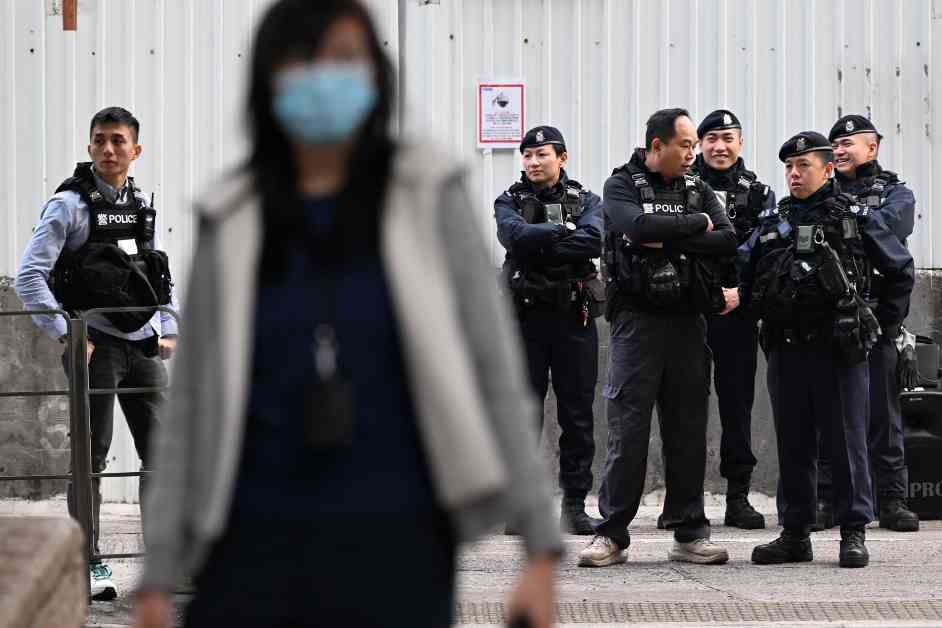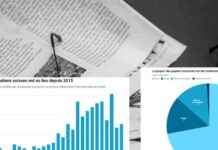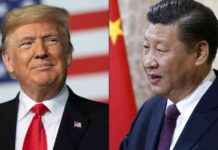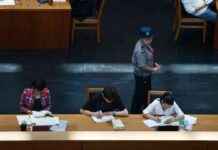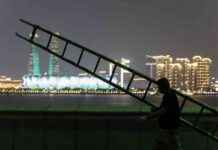The Impact of Hong Kong’s National Security Law
The implementation of Hong Kong’s National Security Law on June 30, 2020, has had far-reaching consequences for the city’s residents. The law, which criminalizes acts of secession, subversion, terrorism, and collusion with foreign forces, has been used by authorities to crack down on dissent and opposition voices. One of the most alarming aspects of the law is the broad definition of offenses, which has led to arrests of individuals for seemingly minor acts such as wearing a T-shirt with a political slogan or sharing social media posts advocating for democracy.
According to recent data, a total of 286 individuals have been arrested under the National Security Law, with 156 facing charges and 68 being convicted as of the end of 2023. These numbers paint a troubling picture of the erosion of civil liberties and freedom of expression in Hong Kong. The use of the law to target individuals for their peaceful activism or online posts is a clear violation of their fundamental rights.
Recent Arrests and Reasons Cited
In the second half of 2023, there were several high-profile arrests made under the National Security Law, sparking concerns about the continued crackdown on dissent in Hong Kong. Some of the reasons cited for these arrests were shockingly trivial, such as wearing a T-shirt with the slogan “Liberate Hong Kong” or sharing social media posts of the “Glory” protest anthem. These incidents highlight the arbitrary and repressive nature of the law, which allows authorities to target individuals for activities that should be protected under freedom of expression.
The arrests of individuals for their connections to the 612 Humanitarian Relief Fund in August further underscore the chilling effect of the National Security Law on civil society in Hong Kong. The fund, which received donations to support organizations advocating for sanctions against Hong Kong and assisting people in exile, was targeted by authorities for its alleged involvement in activities deemed subversive. This crackdown on humanitarian efforts and civil society organizations is a troubling development that raises serious concerns about the future of democracy in Hong Kong.
The Global Response to the National Security Law
The implementation of Hong Kong’s National Security Law has not gone unnoticed by the international community, with many countries expressing deep concerns about the erosion of freedoms in the city. The United States, the United Kingdom, and the European Union have all condemned the law as a violation of the Sino-British Joint Declaration, which guaranteed Hong Kong’s autonomy and freedoms after the handover from British to Chinese rule in 1997.
In response to the crackdown on dissent in Hong Kong, these countries have imposed sanctions on Chinese officials and entities involved in the enforcement of the National Security Law. The US, for example, has sanctioned individuals responsible for the arrests of pro-democracy activists and journalists in Hong Kong, while the UK has suspended its extradition treaty with Hong Kong in light of the deteriorating human rights situation.
Despite these international efforts to hold China accountable for its actions in Hong Kong, the arrests and convictions under the National Security Law continue unabated. The global response to the crackdown on freedoms in Hong Kong highlights the urgent need for solidarity and coordinated action to protect the rights of the city’s residents.
In conclusion, the impact of Hong Kong’s National Security Law on the city’s residents cannot be overstated. The erosion of civil liberties, freedom of expression, and democratic rights in Hong Kong is a troubling trend that must be addressed by the international community. The recent arrests and convictions under the law serve as a stark reminder of the need to stand up for human rights and democracy in the face of authoritarianism. As the crackdown on dissent in Hong Kong continues, it is essential for individuals, organizations, and governments around the world to speak out against these violations and provide support to those affected by the repressive measures. Only through solidarity and collective action can we hope to uphold the values of democracy and freedom in Hong Kong and beyond.
